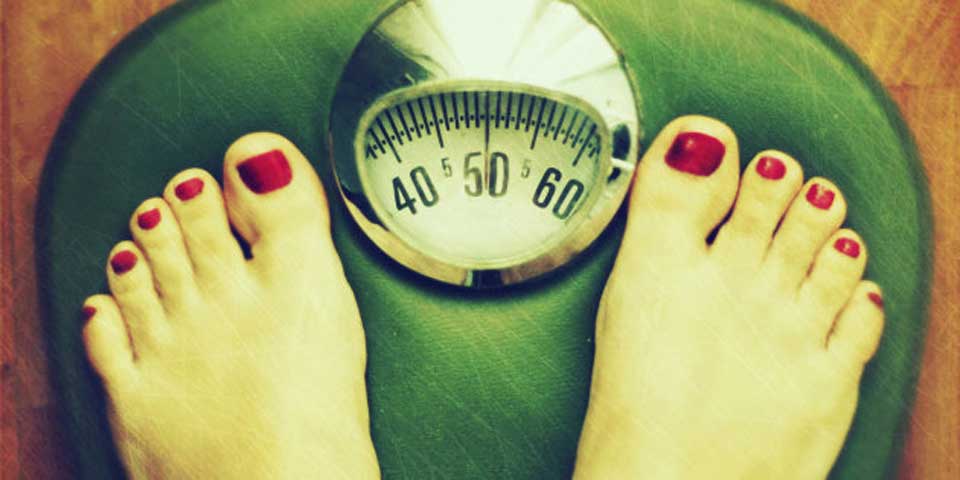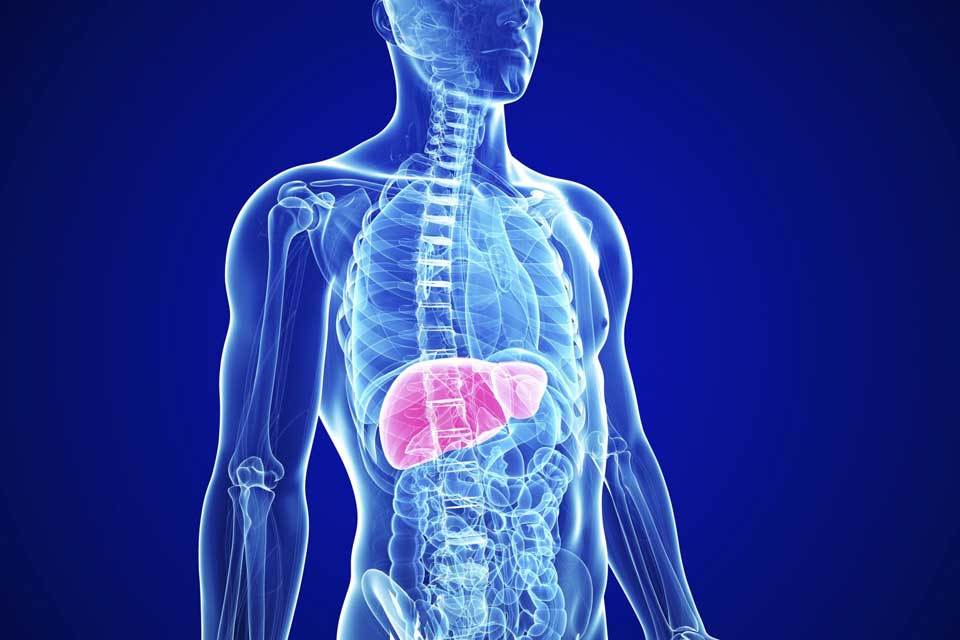Unless you are one of the lucky ones who live in those places where the weather is warm all year round, the normal thing is that every winter you face very cold days. And with this usually come unexpected side effects: mental and physical.
1. You burn more calories.
Some studies indicate that your basal metabolic rate – that is, the amount of calories you burn simply because it exists, without additional activities – increases slightly with lower temperatures. That happens because your body needs to work harder to stay warm. But this does not work if you want to start a plan to lose weight, says Ahn.
“It’s not significant enough to notice a difference, but it does tend to burn more calories when the body tries to stay warm,” he explains.
2. Your fingers shrink.
Have you noticed that the rings are looser during the winter days? It is not your imagination. Extremities, like the fingers and toes, tend to swell on warm days, says Ahn.
“Usually that does not happen in winter,” he says. “The cold climate contracts the blood vessels to conserve heat and maintain the temperature of the center of the body, as a result, there is less blood flow to the extremities, which makes you feel your fingers shrink,” he adds.
3. You can feel more pain in the extremities.
Some people feel what is called Raynaud’s disease , which makes your body feel numb and cold with stress or cold weather, says Ahn. This happens in the hands, feet and ears, and is provoked by the smaller arteries that, in response to the cold, contract excessively.
“It’s not dangerous, but it can be uncomfortable or painful,” says Ahn. “To alleviate the symptoms, it is advisable to use appropriate clothing and avoid exposure for a long time.”
4. It can affect night vision.
Take care of your eyes Exposure to excessively cold temperatures, wind and snow can affect your vision, experts say. Jumping in the snow is a risk, as it can damage or burn the cornea. Make sure you wear proper protection when you do winter sports and try to wear glasses as long as possible.
5. Your face turns red.
If your nose turns red like Rudolf El Reno’s because of the winter air, or your cheeks become colored, it may be because the blood from those areas is redirected to vital organs such as the heart and lungs. When you go into heat, the blood begins to relocate and during that process you continue red.
6. There are more risks of having a heart attack.
This is more common in older adults and those who have heart problems, but it’s something everyone should watch out for, says Ahn.
“When the body tries to conserve heat, it increases the pressure in the heart, it has to work harder to pump blood to the extremities, and it also increases the blood pressure slightly.”
Ahn recommends leading a healthy life and checking any heart attack symptoms.
7. You can feel down.
The winter depression is real. Low temperatures occur when there are fewer hours of light. That can affect mood because of the lack of vitamin D, explains Ahn. This situation can vary from mild to severe, and in the most extreme cases there is a seasonal affective disorder, a mental health problem related to depression that occurs more in the cold months.
Ahn recommends exercising and exposing yourself as much as possible to sunlight. Vitamin D supplements can help with the milder mood changes. Consult your doctor if you feel lower mood and this affects your daily life. Maybe you need a more specific treatment.




